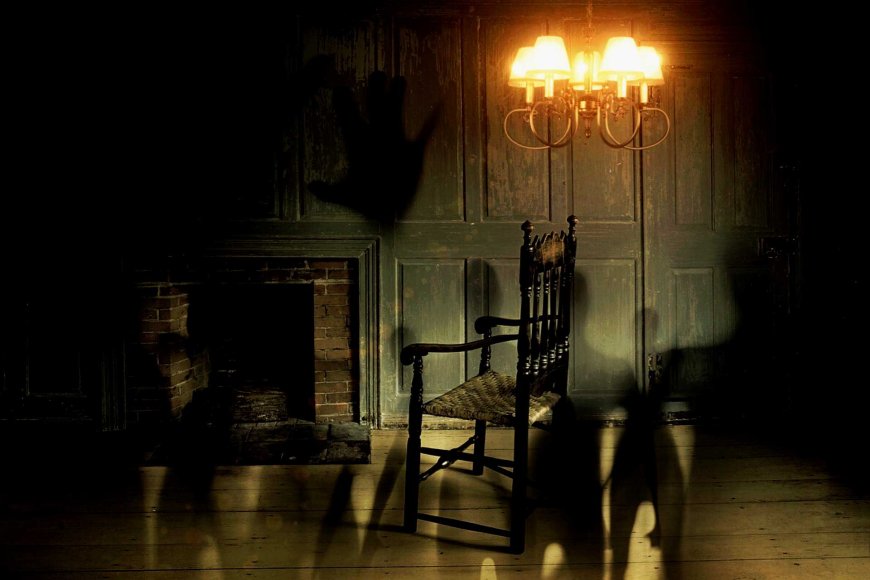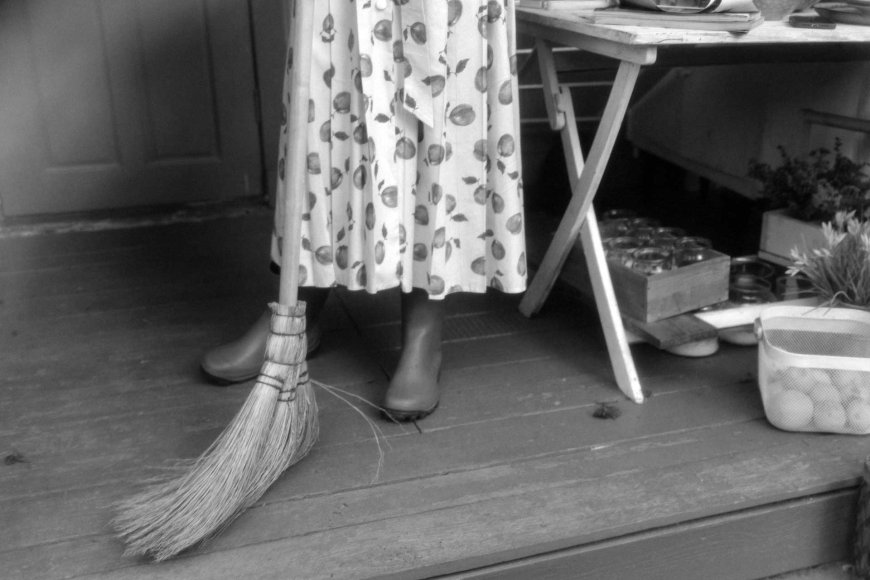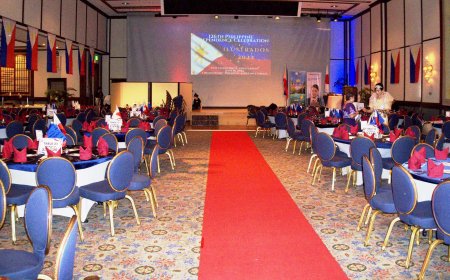Filipino Superstitions 101
Filipino superstitions, where singing and sweeping after dark could summon creatures of legend and sway the fates.

A Peek into the Mystical World of Filipino Superstitions
Filipino culture is rich with superstitions that have been passed down through generations, often intertwined with folklore and belief in the supernatural. Among these curious beliefs are the warnings against singing or sweeping at night. While these practices might seem harmless to outsiders, Filipinos take them seriously for fear of attracting bad luck or supernatural entities.

The Witching Hour: Singing at Night
In Filipino folklore, the night is believed to be the time when supernatural beings roam freely, and singing at night is thought to invite their attention. Many believe that singing after dark can attract aswang, shape-shifting creatures that prey on humans, particularly pregnant women and young children.
According to superstition, singing at night may also disturb the spirits of the dead, leading to unwanted encounters with restless souls. In rural areas, where belief in the supernatural is strong, people are especially cautious about engaging in activities that might draw the attention of malevolent entities.
While skeptics might dismiss these beliefs as mere superstition, many Filipinos err on the side of caution, choosing to refrain from singing after sunset to avoid any potential encounters with the supernatural.

Sweeping Away Misfortune: The Taboo of Nighttime Cleaning
In Filipino culture, sweeping at night is considered taboo for various reasons, chief among them being the belief that it sweeps away good fortune along with the dirt. Folklore warns that sweeping after dark can anger the spirits residing in the household, leading to misfortune and bad luck.

Moreover, sweeping at night is believed to attract wandering spirits and supernatural beings, who may take offense at being disturbed. Some believe that sweeping after sunset can also scatter negative energy throughout the home, creating an atmosphere conducive to accidents and illness.
To avoid these potential pitfalls, Filipinos prefer to postpone sweeping and other household chores until daylight hours. By adhering to this superstition, they hope to maintain harmony in their homes and safeguard against unwelcome supernatural interference.

Superstition in Modern Times
In an age dominated by technology and scientific advancement, it's easy to dismiss superstitions as outdated beliefs with no basis in reality. However, for many Filipinos, superstitions remain deeply ingrained in their cultural consciousness, influencing daily habits and decisions.
Despite the proliferation of urbanization and globalization, Filipino superstitions continue to thrive, passed down from one generation to the next through oral tradition and cultural practices. Even among the younger generation, who may embrace modernity in many aspects of their lives, superstitions still hold sway, particularly in matters concerning luck, health, and relationships.
While some may view these beliefs as irrational or illogical, they serve as a link to the country's rich cultural heritage, connecting Filipinos to their ancestors and the traditions that have shaped their identity.

Embracing Tradition While Living A Modern Life
Filipino superstitions surrounding activities like singing and sweeping at night offer a fascinating glimpse into the country's rich folklore and cultural heritage. While outsiders may find these beliefs curious or amusing, for many Filipinos, they are an integral part of daily life, guiding behavior and shaping perceptions of the world around them.
In a rapidly changing world, where tradition and modernity often collide, Filipino superstitions serve as a reminder of the enduring power of cultural beliefs and the importance of respecting the wisdom of generations past. So the next time you find yourself tempted to sing a tune or tidy up after dark, remember the age-old warnings of Filipino superstitions, and proceed with caution into the night.
Find Cheap Flight Tickets to any Destinations in Japan and the Philippines
Nipino.com is committed to providing you with accurate and genuine content. Let us know your opinion by clicking HERE.































































